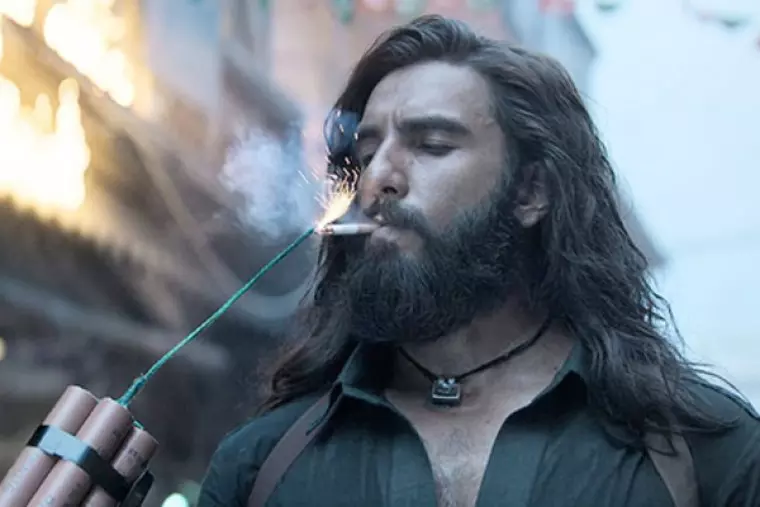
While the current chairperson of the Central Board of Film Certification (CBFC), Prasoon Joshi, declined to comment, former chairperson Pahlaj Nihalani was vocal about the rising brutality on screen. “I have said this before: it is the violence that needs to be curbed, not the sex. Young audiences are bored with the clumsy skin show in our films. It is the violence that is becoming more inventive — and stomach churning for many — though some people seem to enjoy watching bodies being impaled and heads and limbs being chopped off.”
Does Nihalani believe violence in Indian cinema is getting out of hand?
“Most definitely. But an ‘R’ rating won’t help. Everyone knows kids watch ‘A’-rated films anyway. And what about the same violent films being freely available on OTT? More than an ‘R’ rating, we need censorship on digital platforms. Filmmakers also need to understand where to draw the line. The stomach-churning violence in a film like Marco cannot be condoned as entertainment.”
Filmmaker Vikram Bhatt agrees that the gore quotient needs curbing. “Violence, like sexuality, has always had a pull. From the Roman Colosseum to today’s films, people are drawn to watching violence. It awakens something primitive in us. But just because something is instinctively fascinating doesn’t mean it is socially harmless. Excessive violence can be dangerous when consumed without restraint. That’s why certification bodies must step in. If a film contains extreme violence, it should carry a clear, cautionary rating — an honest warning, not a ban.”
Filmmakers Anurag Kashyap and Suparn Verma, however, defend the current landscape. Says Anurag, “Today’s audience is exposed to much more than we imagine. Games on PlayStation have far more violence than films. We should definitely have more ratings—A, R, X—but not censorship.”
Adds Suparn, “We enjoy Marco, Takashi Miike, and Gangs of London. Why can’t we enjoy action films for what they are? Action is as cinematic as romance.”
Hansal Mehta takes a more radical stance:
“It is time to rethink censorship in general—to abolish the very idea of it.”
Finally, the lucid, fearless Mahesh Bhatt offers a philosophical view: “The eye can bless or wound. Filmmaking is learning where to place it. In a world already saturated with real violence, cinema cannot pretend isolation. When we turn up brutality just to be seen, we risk making numbness look like strength. I’ve fought censorship all my life. I still do. This isn’t about restriction — it’s about responsibility. The true power of cinema is not to excite the blood but to awaken the conscience. That is the lighthouse.”
“The eye can bless or wound. Filmmaking is learning where to place it. In a world already saturated with real violence, cinema cannot pretend isolation. When we turn up brutality just to be seen, we risk making numbness look like strength. I’ve fought censorship all my life. I still do. This isn’t about restriction — it’s about responsibility.”
— Mahesh Bhatt, filmmaker






